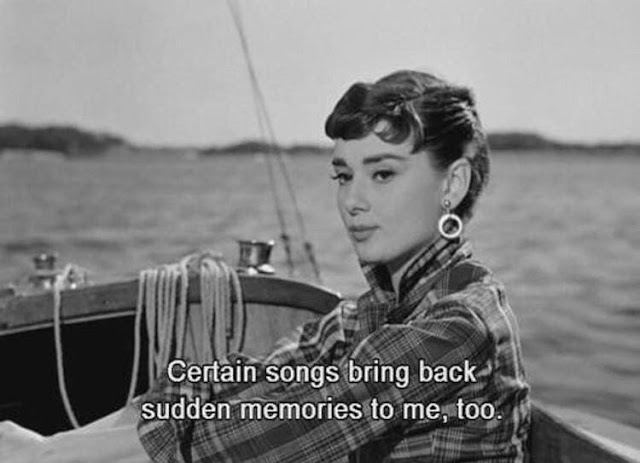The other night, I watched the Netflix documentary on Woodstock 99. As I recall, it was titled Woodstock 99. It was a stark reminder of how toxic the bro culture of the time was, and how badly the music of that time sucked.
Up until recently, there's been a lot of nostalgia for '90s music. For a while there in the late 2010's, it seemed like every defunct '90s band was reuniting and going on tour, before the covids ended all that. Every defunct '90s band, that is, except for the one I liked, The Sundays, who remained steadfastly defunct, content to be off raising children and living adult lives.
But my point here is that I don't think it's useful to consider music by calendar decades. As Woodstock 99 reminds us, the music of the end of that decade (Korn, nu metal, and Chili Peppers) bore little resemblance to the music of the start of that decade (Nirvana, grunge, and Chili Peppers).
Going back in time, 1963 had more to do musically, culturally, and politically with 1958 than it did with 1968. Musically, culturally, and politically, the "60s" extended well into the '70s, and probably didn't end until Watergate and Nixon's resignation in 1974. Seventies' disco and punk lasted well into the '80s, and '80s new wave and MTV lasted well into the '90s.
No, instead of looking at music by calendar decades, the '60's, '70s, and so on, it's more useful to consider split decades. I can't speak for tastes before my lifetime, but I can subdivide music, culture, and politics into the periods of 1955-'65, 1965-'75, 1975-'85, 1985-'95, 1995-2005, and 2005-'15, We're now past the mid-way point of the 2015-'25 period.
Music of 1955-'65 was all Elvis, Buddy Holly, and the Beatles and Beach Boys while they were still effectively boy bands performing pop songs for teen girls.
The 1965-'75 era started when John Lennon dropped some LSD, psychedelic acid rock got started, and Dylan not only went electric but switched from singing social protest songs to more introspective, personal songwriting, and didn't end until after the final US withdrawal from Vietnam in 1974.
The 1975-'85 era started with the mid-70's rise of disco music and saw punk rockers rebel against the mainstream until they became their own mainstream themselves, resulting in the emergence of post-punk. MTV may have debuted in 1981, but it wasn't until the mid-80's that it was a staple of basic cable and everyone had access to basic cable, starting the 1985-'95 era. Popularized by MTV, the big hair and ridiculous fashions that you see in movies and tv shows set in the '80s didn't really appear until mid-decade, and lasted (for some at least) well into the '90s.
The transition from 1985-'95 to 1995-2005 occurred sometime around when grunge gave way to "alternative" rock, the rise of Napster and the MP3 format, and the demise of big-label influence on rock music. With the big labels gone, 2005-'15 was the "indie rock" decade (and my personal favorite period in music).
We're still learning what 2015-'25 is all about, and how much effect the covid pandemic will have on it (if any). Early lessons seem to indicate this is the era of social media, with Instagram pop stars and Tic-Toc rappers having the same amount - but very differently exercised - influence on popular music.
Woodstock 99 suggests the ill-fated festival represented the '90s figuratively and literally going up in flames. I'll argue that the festival was the apogee of its era, and occurred smack dab in the middle of the 1995-2005 split decade.



No comments:
Post a Comment